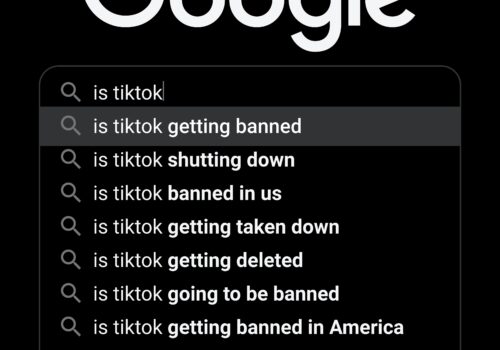Tik Tok Ban, Will Others Follow?
Earlier this week, Arizona’s governor announced that Tik Tok is now banned from all state-owned devices. Our attorney general made a similar announcement as did Arizona State University.
This is not to say the state employees can’t have Tik Tok accounts, it’s just that they can’t have the app on the devices issued to them by the state.
In 2022, Congress passed legislation that blocked access to TikTok from U.S. government devices. In March of this year, all federal employees were ordered to remove the app from their devices within 30 days. The European Parliament ordered members from all three of its institutions to delete the app from government devices and went as far as urging members to delete it from their personal devices, too.
Citing security concerns, these government organizations and others say that the Chinese government could order ByteDance, headquartered in Beijing, to hand over the data it collects about its users. Western governments are adamant that if the Chinese government could access Western user data, Western security interests would be exposed.
Tik Tok’s privacy policy basically says once you have an account, everything you do there will be collected and one should assume, could be shared.
Of course, Tik Tok denies that this is the case.
Scott wrote about Tik Tok and the lack of privacy back in August 2020. When social media first came on the scene, employers tried to monitor and manage their employees’ use of social during work hours. We were concerned about how much time they might be spending online and not working. For most of us, we aren’t as concerned any more.
Maybe we should be?
Time will tell what the Tik Tok ban will be – for those that are actively engaged on the site, for brands that are using it as part of their digital strategy and what, if any, impact it will have on other social media platforms.

